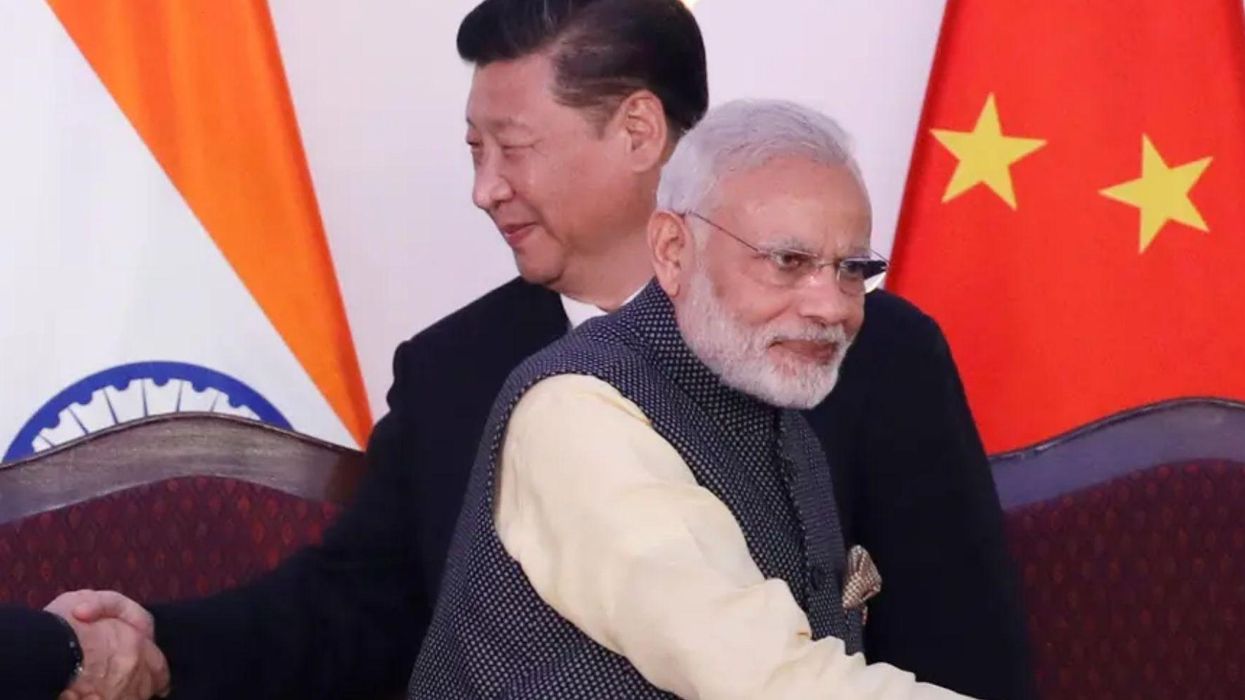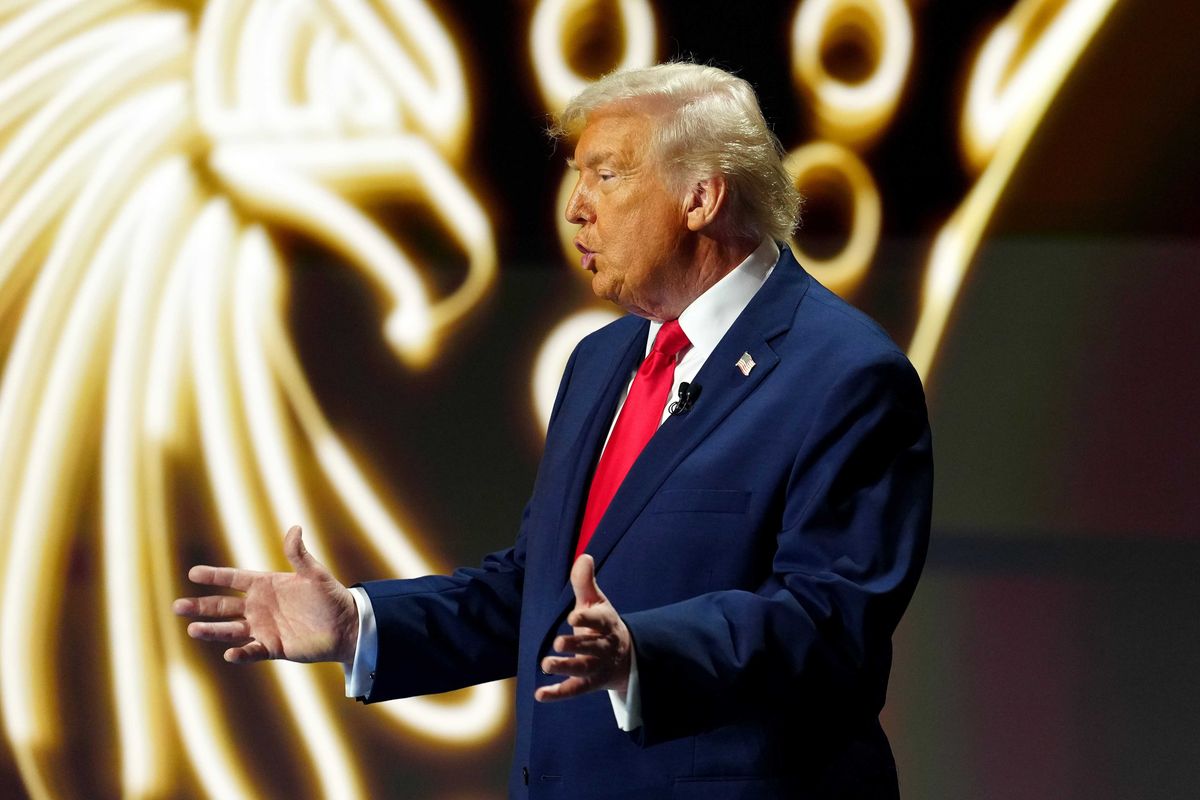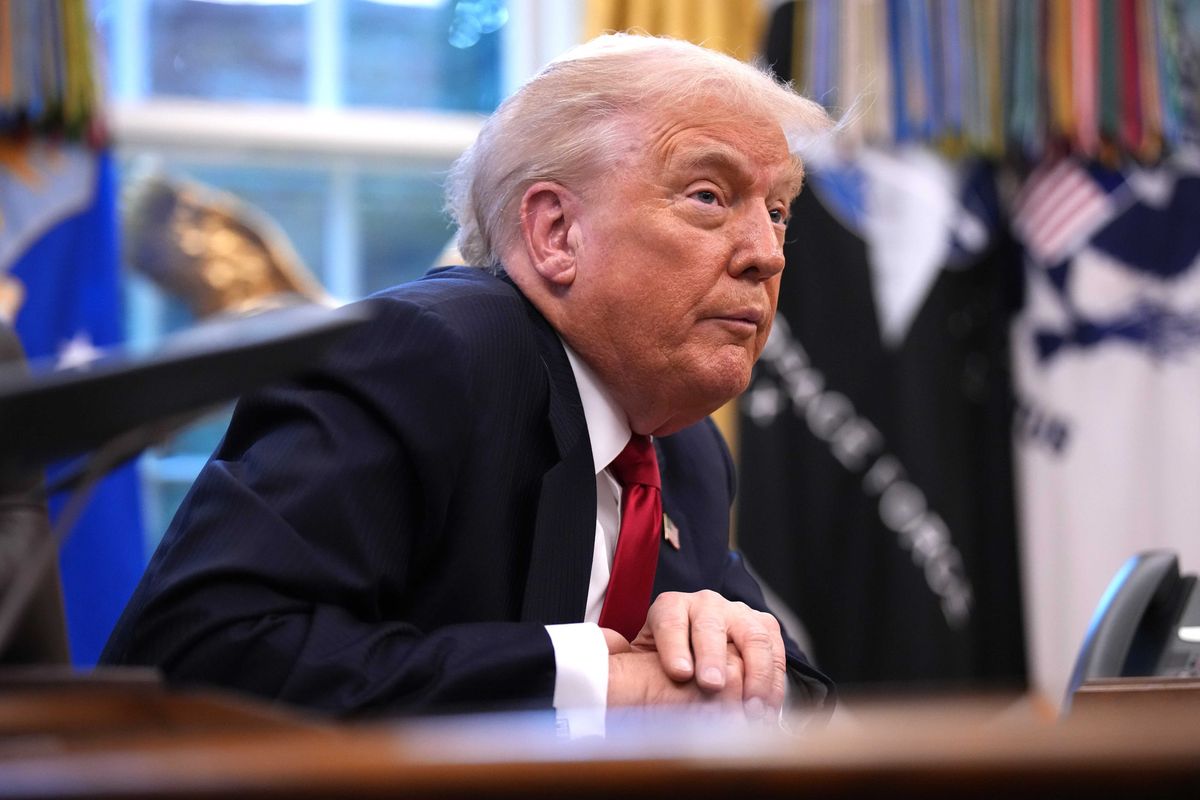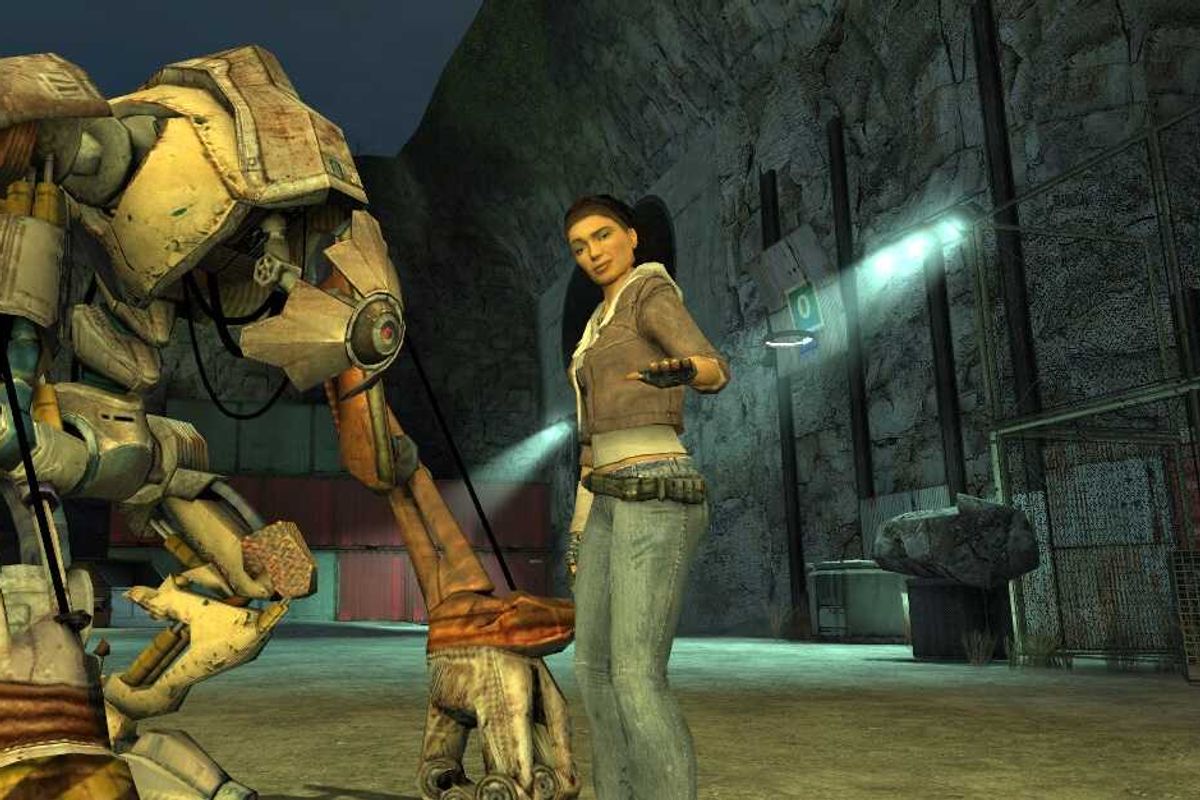
As you may have seen, the "India-China conflict" has been dominating headlines this week, so there will likely be a smartarse who will bring it up over Zoom drinks on Friday night.
Here's what you need to sound like you know what you're talking about.
Basically, as if 2020 hadn't seen enough drama already, the two countries are now having a small war on the roof of the world, and people are worried.
This is not a new fight, but it has certainly escalated in recent weeks. This is what we know so far.
What is actually happening?
The Indian and Chinese armies are having an unusually intense version of one of their periodic skirmishes along their long-disputed border up in the Himalayas.
It all kicked off in early May, when, according to Indian officials, Chinese soldiers crossed the boundary, erecting tents and guard posts in what is supposedly Indian territory.
But China claims it's India that's responsible for the conflict, saying it was actually Indian soldiers who were encroaching.
China’s foreign minister Wang Yi issued a stark warning, saying: "The Indian side would best not make an incorrect judgment of the situation, would best not underestimate China’s strong determination to safety its sovereign territory."
Ooof.
Meanwhile India accused China of “premeditated and planned action that was directly responsible for the resulting violence and casualties”.
It's all a bit murky but suffice to say that the two sides do not agree.
Around 20 Indian soldiers, including a colonel, have since been killed, along with an undisclosed number of Chinese military.
Why are they fighting over the Himalayas?
There are a number of territorial disputes between China and India.
In this case it's about the border that lies in the far north-west corner of India and western China in the Himalayas.
This has never been properly defined, an omission dating back to the days when the British ruled India and Tibet (now a province of China) was still an independent kingdom.
Cold, inaccessible and with hardly anyone living there, it was pretty much forgotten.
There’s about 40,000 square kilometres of land along the western border and another 90,000 square kilometres in the east, adjacent to Bhutan and Burma/Myanmar that is also disputed.
As far as is known there are no great reserves of oil, gas, gems, precious metals there, though the more adventurous tourists like to go there.
It’s a very old fashioned sort of argument, almost purely about territory for territory’s sake. They're both choosing a random bit of the world that they probably don't even want, just to prove how big and powerful they are.
How far back does this go?
Pretty far.
During the Cold War the Chinese fell out with their Communist former allies in Russia, ostensibly over Stalin’s legacy, but really just about superpower rivalry.
India was sympathetic to Russia, which added to existing tensions, and a brief (and literal) cold war between India and China broke out in 1962.
The Indians lost, and the de facto border is now known as the “line of actual control”. This is what they’ve been scrapping over ever since, with things flaring up in 1967, 1975, 2013, 2014 and now.
Does it mean world war 3?
No.
It is dangerous though, because China and India are populous nations, important world economies, have large armed forces and nuclear weapons.
They are also bigger rivals now than ever since they became more economically powerful (eg they hardly trade with one another).
China has a more assertive foreign policy generally these days – as with the takeover of Hong Kong.
India’s other nearby border dispute over Kashmir, with Pakistan, a wobbly friend of America’s and also armed with nukes, adds to the regional instability.
However the existence of large nuclear armaments also means that they will pull back from the brink.
They do not want to mutually destruct over some rocks and lumps of ice. India and China have bigger issues to deal with. It will pass.
Whose side should we be on?
No one's, really. It's a complicated dispute which is almost impossible to adjudicate, plus it has very little to do with any other country, so everyone's best bet is to stay neutral.
That said, if you struggle to play Switzerland after a few beers and really really want to pick a side, India is probably the safest choice.
Economically, it's the relative underdog (if you can call the fifth richest country in the world an "underdog") and it is after all still a democracy with rule of law, even despite Prime Minister Modi's arguably tyrant-like reign, which has seen Muslims be relegated to second class citizens.
Still, if you're desperate for a debate, "what's everyone's favourite Pringles flavour?" is probably a better one to angle for.
Good luck!













